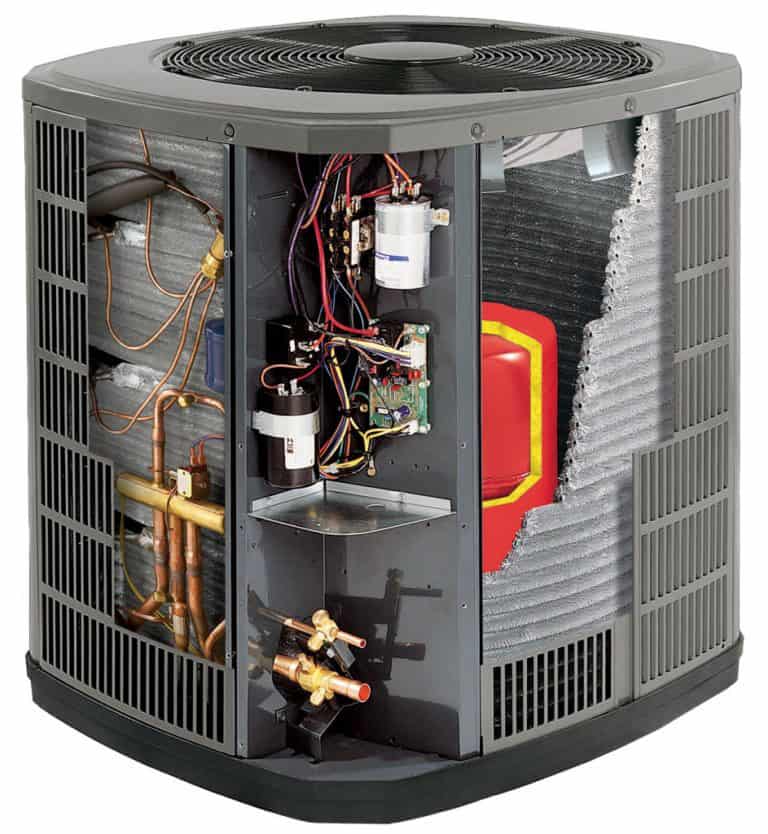Air Conditioning Tune-up

You may know, the summertime Tune-up AC can significantly cut your cooling bills, and extend the lifetime of your AC system, make sure it will not breakdown over the summer.
Lets talk about what exactly the technicians do during these AC tune-up. we put together a list of item what we do below are related to extending the life and the efficiency of your AC system.
Las Vegas HVAC Pros 21 Point Air Conditioning Tune Up.
1. Check the Outdoor Refrigerant Lines
We inspect the refrigerant lines for signs of physical damage.
2. Inspect the Refrigerant Line Insulation
The refrigerant line can condense and water will start dripping indoor unit, dripping water will grow hidden patches of mold in your home.
3. Inspect the Indoor Unit Coil for Dirt
AC Unit Tune-up is inspecting the indoor coil, ensuring it is clean and free of dirt past the filter, they will settle on the coil, making your system less efficient.
4. Check the Outdoor Unit Coil
We will inspect the coils to make sure there is no excess dirt around or on the coils.
5. Inspect the Filter
Filters are important to your own health and your system.
6. Examine the Indoor Blower Motor
Blower fan for dirt and dust that can make the fan issue
7. Inspect the Overflow Safety Switch
A faulty safety switch, you at a risk of a possible leak that will damage your ceilings, floors and everything around
8. Test the Motor Capacitors
We check to ensure each capacitor in your system working , and still has power left in it.
9. Inspect the Air Handler
We make sure your air handler is sealed.
10. Check the Disconnect Box
The box is a safety shutoff to the unit. We inspect it
11. Access Refrigerant Caps
You lose some refrigerant, because of a faulty core valve, or no caps
12. Check the Thermostat
Without a working thermostat you system will not work
13. Look for Bug and Rodent Issues
Bugs and rodents love the electrical compartments , we check to make sure there are no damaged in the system
14. Inspect the Fan Blade for Balance
If the blades are off-balance, it will cause the unit to shake resulting in cracked components
15. Check the AC Unit Platform/Pad
AC sits on is not damaged or crooked. It is recommended to make sure that the unit is leveled
16. Measure the AC Unit Amperage
Excessive amperage draw is Hogue issue possible with the compressor, motor or even the air flow.
17. Inspect the Reversing Valve (Heat Pump Systems)
Since some air conditioners also serve as electric heat pumps, one unit handles both the heating and the cooling. The reversing valve is what allows them to switch back and forth. If the valve fails, the AC fails. The air might still blow, but it won’t be cold. That’s why we ALWAYS inspect this crucial component.
18. Accurately Check the Refrigerant Levels
Too low on refrigerant, or even too high on refrigerant, and your system will be less efficient, and in danger.
19. Check the Contactor
Bad contactor , or burnt wires can break this communication between the two components, which leads to a system that will not turn on.
20. Measure the Temperature Split
Our technician can often determine whether the system is not working right by simply by checking the temperature split.
21. Checking Furnace for Leaks
its efficiency and proper operation






